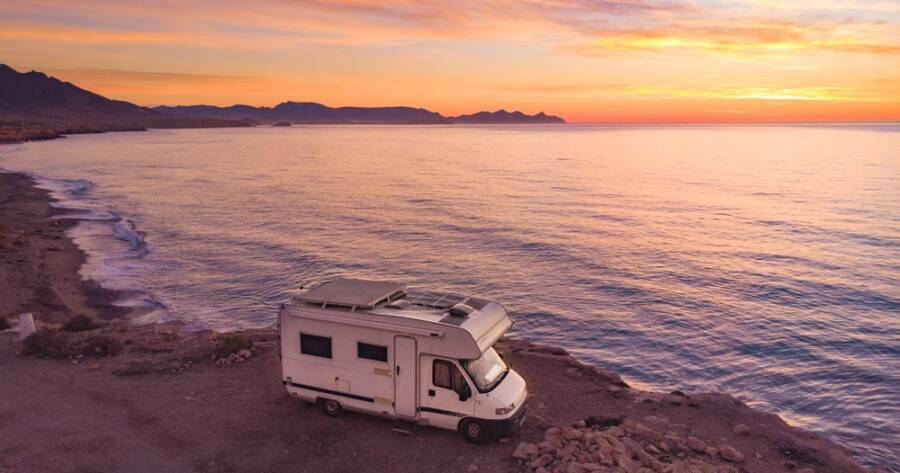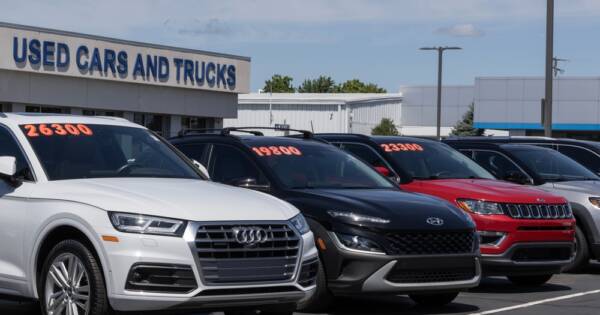Embarking on the adventure of RV ownership involves more than just a transaction; it demands a comprehensive understanding of the various types, cost implications, and lifestyle compatibility. This exploration begins with differentiating between motorized and towable RV options and extends to vital factors such as budgetary constraints and personal usage needs. Delve into the intricacies of choosing between new and used models, the benefits of renting, and the importance of brand selection, as these insights pave the way for an informed and fulfilling RV experience.
Understanding the Basics of RV Sales
The RV lifestyle offers a unique blend of adventure and comfort, whether for weekend getaways or full-time living. Before diving into the purchase, it’s essential to understand the distinctions between different types of RVs.
Motorized RVs come in Class A, B, and C motorhomes, each with its own features and driving experience, whereas towable RVs include fifth wheels, pop-up trailers, and toy haulers, requiring a separate vehicle for towing which directly impacts logistics during travel
Key Factors to Consider
Pinpointing how the RV will be used is crucial for making a sound purchase decision. Full-time travelers have different needs compared to those taking occasional trips. Consideration of lifestyle and frequency of use helps to assess which RV features are necessary, like a heating system for winter or a robust air conditioning system for summer trips based on seasonality.
Budget is another essential factor. The upfront cost is just the beginning; long-term expenses such as insurance, fuel, maintenance, and campsite fees should be factored in. Maintenance and storage are particularly important for those living in areas with harsh climates such as those adhering to NFPA 1192 standards. Determining whether a new or used RV fits within your budget could help manage these extra costs more effectively.
Assessing Features and Amenities
Different users require different amenities and layouts in their RVs. Families might need more space, while individuals could prioritize ease of maneuverability. But it is not just the features that matter; it’s how they align with the lifestyle of the owner, such as opting for luxury motorhomes to enhance camping experiences or selecting an RV with a garage area for sporting activities like fishing or off-roading.
Brands also play a pivotal role in this decision. Each brand offers unique layouts and feature sets; attending RV shows provides a comprehensive view of available options and the chance to see these features firsthand. These fairs are perfect venues for first-time buyers looking to get acquainted with different floor plans and brand offerings.
New vs. Used: Making the Right Choice
The debate between buying a new versus a used RV is a common one. New models come with the latest technologies and no previous mileage, which could mean fewer maintenance issues initially. However, new RVs depreciate faster which can affect resale value.
Used RVs, on the other hand, cost less upfront but may come with hidden issues such as outdated systems or wear and tear requiring immediate attention. Buyers of used RVs should consider potential future maintenance costs. It’s advised to use resources like NADA Guides to ensure a competitive purchase price by considering depreciation.
Exploring Alternative Options: Renting and Sharing
For those not ready to commit to an RV purchase, renting can be an excellent way to test different models and their functionalities. Renting provides flexibility and is economical for infrequent trips.
Moreover, RV sharing platforms offer a similar experience, with added perks like included insurance and roadside assistance to minimize risk. This service allows newcomers to try RVing without a permanent investment.
Why You Should Learn More About RV Sales Today
Purchasing an RV is a significant venture demanding careful consideration of various financial, practical, and personal factors. Understanding the nuances of RV types and the extra costs involved can lead to a more informed decision and set realistic expectations, enhancing the experience of RV ownership.
Investigating options such as renting, sharing, and buying from trusted venues can mitigate risks and potentially save money. Mastering these aspects not only optimizes investment but also enriches the RV experience, providing a gateway to boundless adventures.




